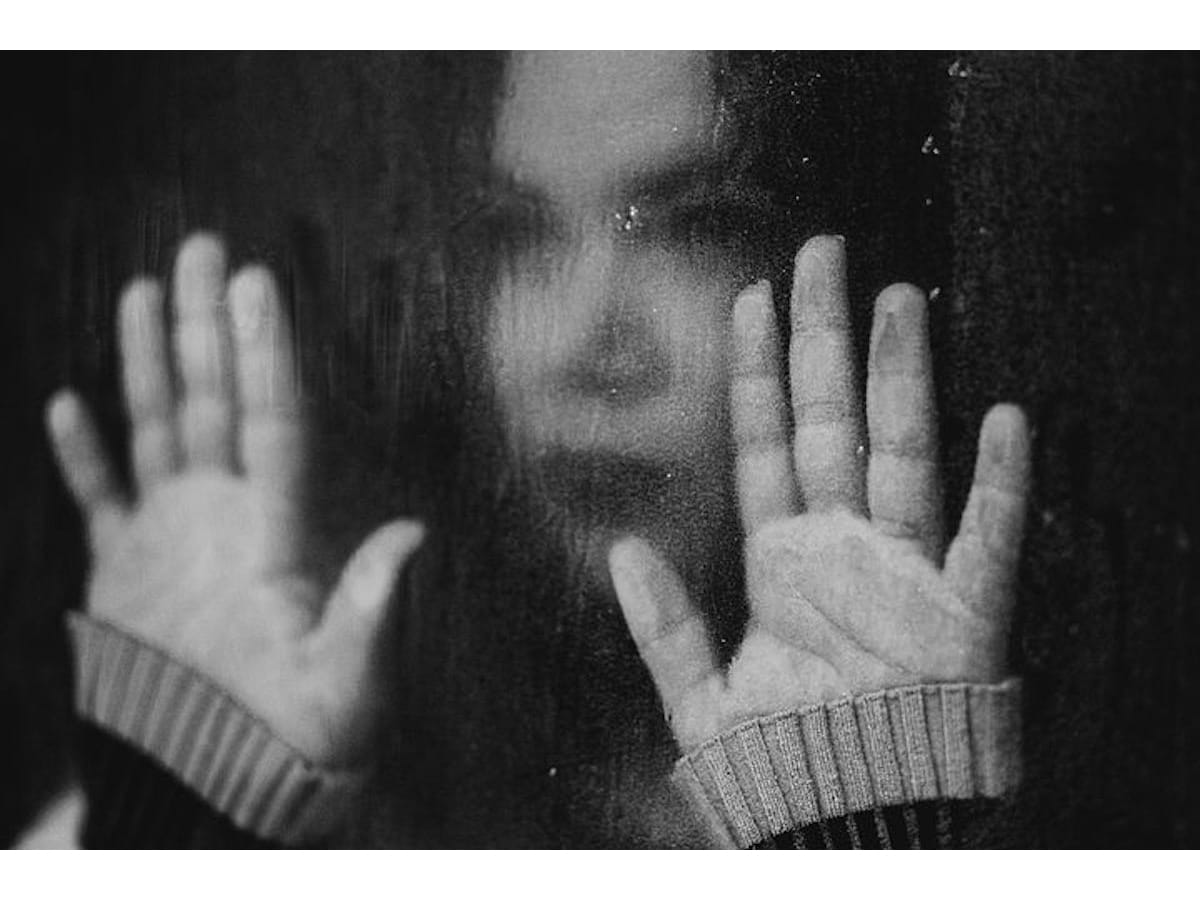- Tags:
- AI / chatbot / coronavirus / COVID-19 / Suicide prevention
Related Article
-

Kyoto University scientists create mini bronchi to test COVID-19 drugs
-

Japan’s Barbie Licca-chan wears face mask, rides Licca Eats scooter, uses self-checkout
-

Medical Worker Blasts Ill-Mannered Response To Mask Shortage And Coronavirus At Japanese Hospitals
-

Japanese university releases free printable 3D big tuna mask covers
-

Olympic 2020 games to go ahead despite COVID-19 concerns
-

Pandemic-themed Japanese Sweets “Gomitsu” to go on sale in February



Tokyo Governor Yuriko Koike has urged people who are struggling with depression to “have the courage to consult someone” in response to an alarming spike in the number of suicides in the capital.
Two hundred and fifty-six people committed suicide in October 2020, a rise of 50% over the figure for the same month the previous year. In November, the figure dropped to 198.
The rise in the number of suicides in Tokyo is thought to be connected to the coronavirus pandemic, and the attendant decline in business activity. With unemployment rising and more people than ever living solitary lives without human interaction, depression has been on the rise and more people than ever have succumbed to the temptation to take their own lives.
Governor Koike drew particular attention to the rapid increase in the number of female and young suicides. She encouraged anyone struggling with suicidal thoughts to reach out for help via the Tokyo metropolitan government’s suicide consultation hotline (see below).
She also highlighted the introduction of a new window on the metropolitan government’s website where users can chat with an AI (artificial intelligence) chatbot “in order to regain themselves when they are feeling upset.” You can see a demo version here (Japanese only).
“Due to the influence of the coronavirus, I want to protect the irreplaceable life of each person while staying close to everyone in various circumstances,” Governor Koike told a press conference in December 2020. Addressing Tokyo residents struggling with depression she said, “I hope that you will have the courage to consult someone.”
The suicide rate in Japan has been falling since the Millennium. Nonetheless, suicide remains the leading cause of death among Japanese men aged 20–44 and among OECD countries, only South Korea has a higher suicide rate.
There were 21,764 suicides in Japan in 2016 (by way of comparison, in the same year there were 5500 suicides in the UK, which has about half as many people as Japan).1
RCraig09, CC BY-SA 4.0, via Wikimedia Commons
Japan has long been associated with suicide in the western imagination. Indeed, the idea that Japan is a nation of excessively tense people, prone to depression and nihilistic outbursts is so much part of foreigners’ preconceptions that it has become a stereotype.
The association between Japan and suicide has a long history. Early western visitors to Edo-era Japan were deeply impressed by the samurai’s willingness to commit ritual suicide when their honour was slighted. The association of the Japanese with suicide became closer still in the closing stages of WW2, when thousands of Japanese air force pilots were encouraged to become kamikaze and turn their planes into weapons with which to attack US war ships.
While there is no doubt that even in present-day Japan, suicide is often regarded as the only honourable way out of an intolerable situation, it would be a mistake to think that the Japanese are especially prone to suicide.
In fact, there were 29 countries in which a higher proportion of people killed themselves in 2016, among them countries not usually associated with suicidal tendencies, such as the Ivory Coast, Mongolia and Bolivia.2
‘Kokoro to Inochi no Hotline’, the Tokyo metropolitan government’s dedicated suicide consultation service can be reached on 0570-087-478. Calls are accepted daily from 2:00 pm to 5:30 am.
Suicide prevention hotlines outside of Japan
Help is always available.
Please click here for a list of the closest hotlines where you live.
Sources:
1. "List of countries by suicide rate," Wikipedia.
2. "Suicides in Japan drop to a 22-year low in 2016," The Japan Times.
3. Nippon.com (no longer available)